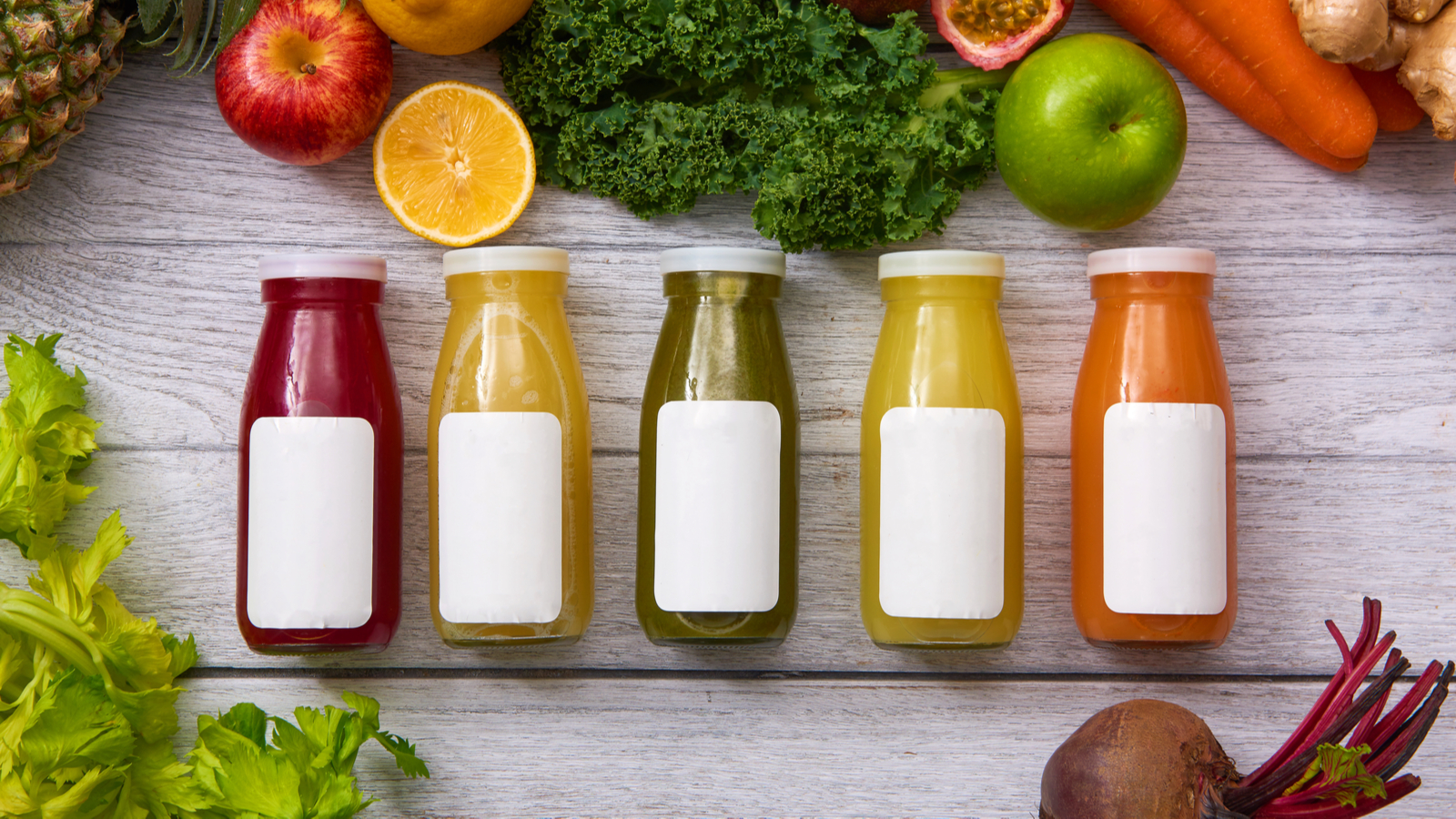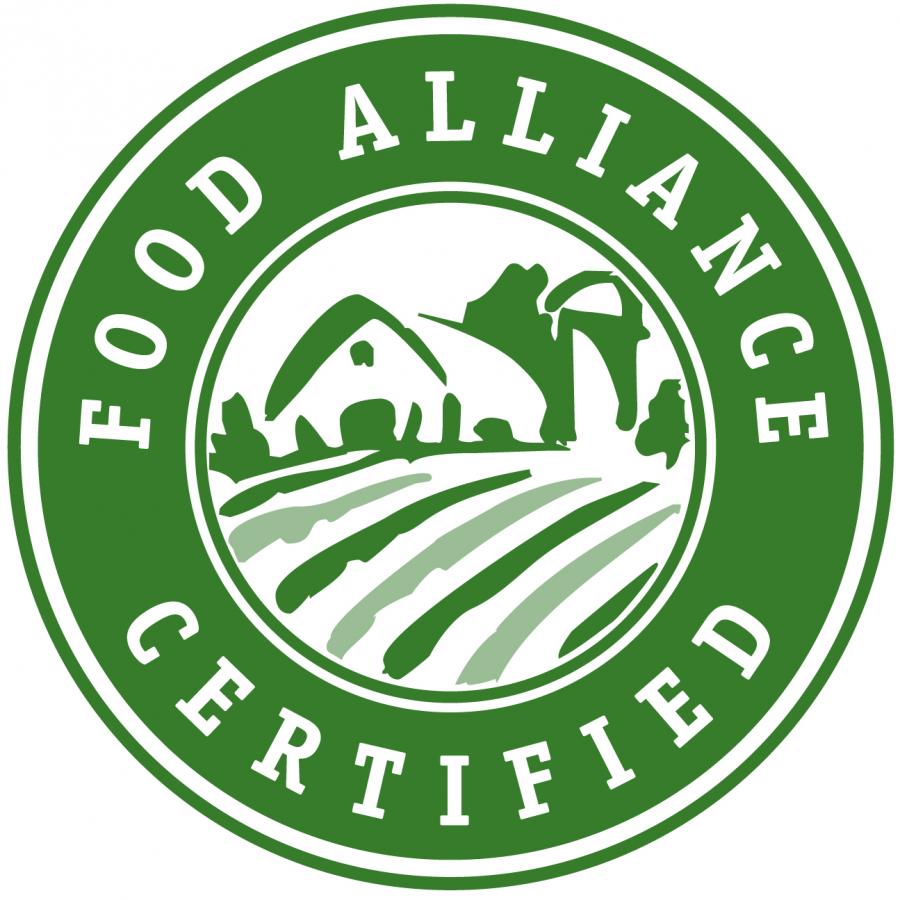

Food Alliance Certified - Livestock Operations

Food Alliance certification is a voluntary means for agricultural producers and food companies to address growing customer demand for traceability, transparency, and social and environmental responsibility.
Applied Standards
Producers treat animals with care and respect. Living conditions for livestock provide access to natural light, fresh air, fresh water, and a healthy diet, shelter from extremes of temperature, and adequate space and the opportunity to engage in natural behaviors and have social contact with other animals. Livestock producers minimize animal fear and stress during handling, transportation and slaughter. Producers protect water and soil resources by using methods such as: creating buffer zones along waterways, reducing chemical and sediment runoff, managing animal wastes to prevent ground and/or surface water contamination, managing grazing, and using tillage practices that conserve organic matter and soil aggregation. Producers conserve water by encouraging infiltration and storage of rainfall in the soil and increase irrigation water efficiency through soil moisture monitoring and the use of new irrigation technologies. Producers reduce erosion and protect soils by optimizing plant cover throughout the year, by using pastures, rangeland, and rotational grazing, and by selecting tillage technologies that minimize soil quality degradation. Producers conserve and recycle nutrients by converting organic wastes into productive uses and by seeking ways to generate nutrients on the operation through such methods as cover cropping, on-site composting, where appropriate. Producers make informed decisions regarding pest, disease, and weed management and pesticide/herbicide/fungicide use. They employ cultural and biological prevention strategies to reduce or eliminate the need for chemical applications, and thus minimize negative impacts on the surrounding ecosystem. When chemical applications are needed, they select effective materials with fewer known environmental and health hazards. Producers properly maintain application equipment to ensure precise applications and monitor weather conditions to prevent drift. When combined, these practices create an Integrated Pest/Weed Management (IPM) strategy adapted to local conditions. Producers foster vegetative cover, food, and water resources necessary for habitat by using methods such as establishing or maintaining biological corridors, managing mowing and grazing cycles, and restoring or protecting wetlands, prairies and woodlands. They take steps to provide habitat for beneficial insects in order to reduce the need for insecticides. Predator control is managed using least impact possible, and trapping/slaughter is only used as a last resort. Producers develop employment policies in order to establish open channels for communicating with employees about such issues as workplace safety and job satisfaction. They provide incentives and opportunities for the development of employee skills and incorporate quality of life issues into daily decision making for themselves, their families and employees. Producers must refrain from using GMOs, prohibited pesticides, growth-promoting hormones or any other growth promotants, and sub-therapeutic (feed additive) antibiotics. Producers must also be committed to continually improving their practices


